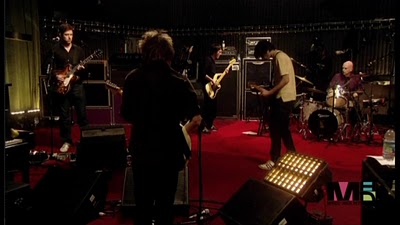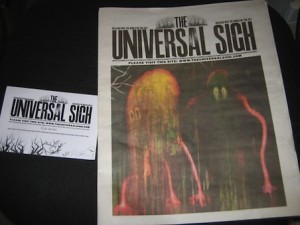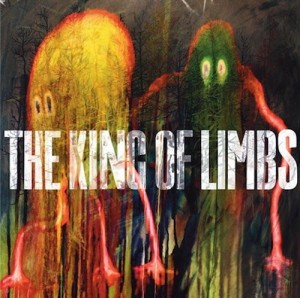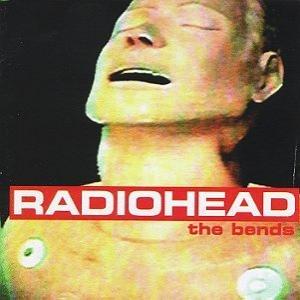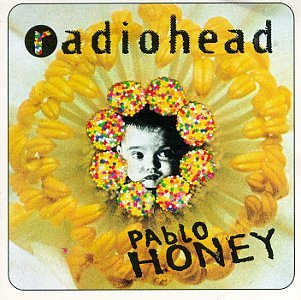Twitter is a vertiginous tool bar none. And following story shows that the actual veracity of what’s being disseminated is absolutely irrelevant. All it takes is one spark to set a mammoth wildfire going.
Last Friday, the whole of Manhattan was ecstatic at the prospect of Radiohead playing a free surprise concert that would coincide with the Occupy Wall Street protests which had been organized online. Music bloggers and publications such as Gawker, Pitchfork, Gothamist and Huffington Post reported the concert was taking place based on an announcement that had been made on the official website for the demonstration at 12:13pm EST. That read “Radiohead will play a surprise show for #occupywallstreet today at four in the afternoon.”
We now know such a message was posted because a person who claimed to be involved with Radiohead’s management contacted the Occupy Wall Street organizers via email, and expressed the band’s keenness on playing at the event (which after all, is the kind of cause Radiohead always champions).
The media picked that up, and began reporting the concert was going to be held.
When Radiohead caught wind of the rumor, they vehemently denied it. Yet, fans took it as a tactic to prevent an unmanageable crowd from gathering.
By 4:00pm Eastern Time, a crowd had congregated at Wall Street. They waited and waited for hours, and it was only when night was beginning to creep in that a spokeman for Occupy Wall Street came forth and admitted they had been hoaxed.
Occupy Wall Street organizers certainly are to blame for the confusion, as they didn’t update the post they had made earlier on the day when Radiohead made it clear they weren’t playing Friday. Even hours after the rumor had been denied by the band, the post that caused the confusion was not redacted or even updated.
This isn’t the first time Twitter is used to disseminate falsehoods. I can recall the day someone announced Gordon Lightfoot had passed away, and Canadian radio stations began paying homage to the man until he got in touch himself and made it clear he was very well alive. Continue reading


